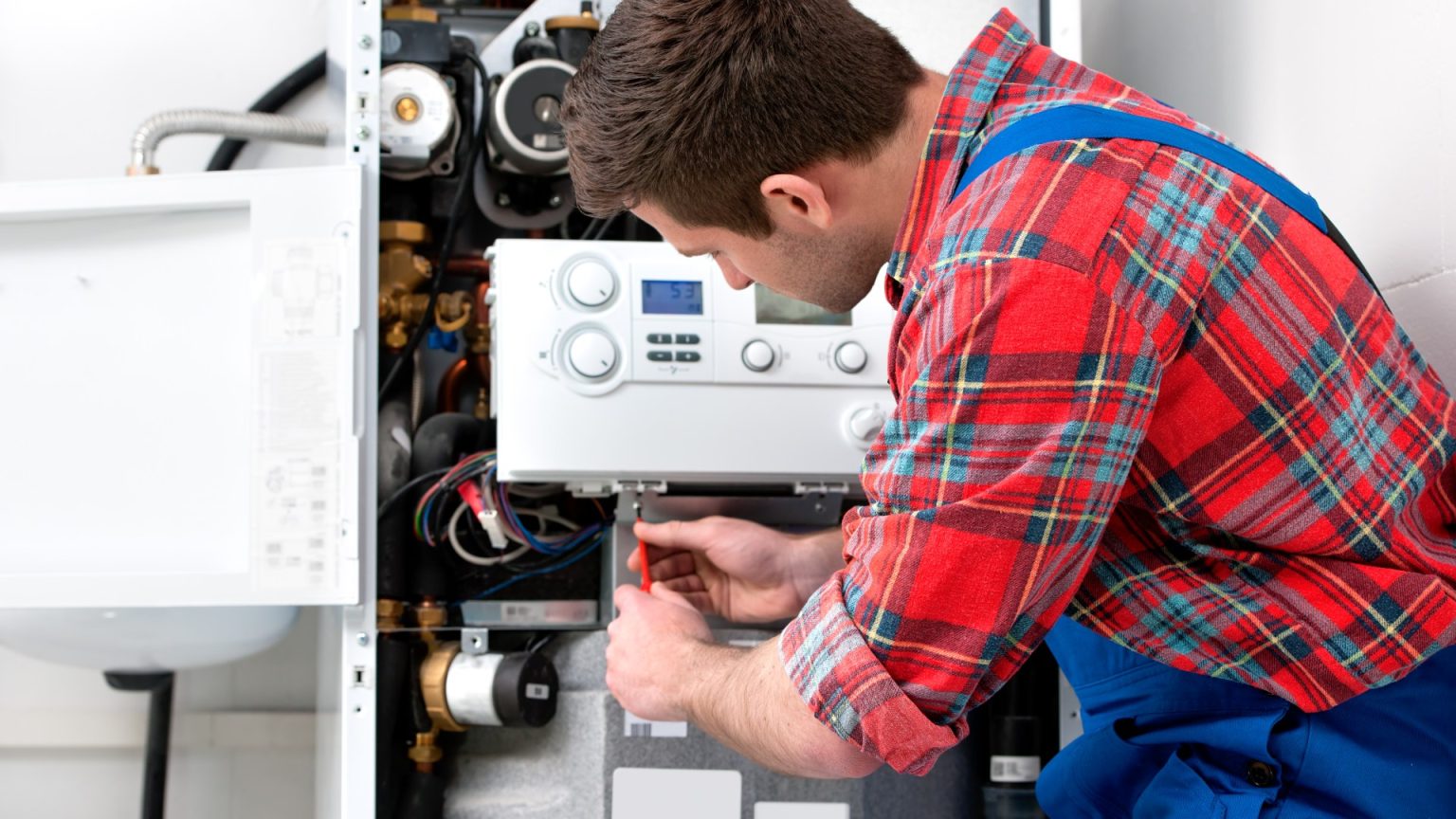The UK government is poised to abandon its 2035 target for phasing out new gas boiler installations, marking a significant shift in its decarbonization strategy. While ministers maintain their aspiration for widespread heat pump adoption, the decision acknowledges the practical challenges and cost barriers associated with this transition. Heat pumps, which utilize electricity to extract heat from the air or ground, are currently present in only a small fraction of UK homes. Their higher upfront cost compared to traditional gas boilers has been a major deterrent for homeowners, despite the availability of a £7,500 government subsidy. The government’s forthcoming “warm homes plan” is expected to provide further details on its revised approach to achieving low-carbon heating.
The government’s reassessment comes in the wake of a report by the National Audit Office (NAO), which highlighted the sluggish progress of the heat pump rollout and the lack of public awareness regarding the technology. The NAO found that the cost of heat pumps, coupled with limited public understanding of their benefits and functionality, posed significant obstacles to achieving the government’s ambitious targets. The initial aim was to install 600,000 heat pumps annually by 2028, escalating to 1.6 million per year by 2035. However, the Boiler Upgrade Scheme, launched to incentivize heat pump installations, fell considerably short of its interim target, with only 18,900 installations between May and December 2023, compared to the anticipated 50,000.
The NAO emphasized the need for more comprehensive data to empower homeowners to make informed decisions about switching to low-carbon heating solutions. The report stressed that public engagement and awareness campaigns are crucial for driving the adoption of these technologies. Gareth Davies, the head of the NAO, underscored the importance of government efforts to reach every household and encourage participation in the decarbonization of home heating, a critical component of the broader net-zero transition. The Department for Energy Security and Net Zero (DESNZ) has acknowledged the slower-than-expected progress in raising public awareness and promoting the shift to low-carbon alternatives.
The decision to abandon the 2035 gas boiler ban reflects the government’s recognition of the substantial hurdles involved in achieving rapid and widespread heat pump adoption. The challenges include not only the higher upfront costs of heat pumps but also the need for significant upgrades to the electricity grid and the training of a skilled workforce to install and maintain these systems. Furthermore, the current limited supply of heat pumps and qualified installers creates bottlenecks in meeting the growing demand. The government’s revised approach likely involves a more gradual transition, allowing time to address these challenges and ensure a more equitable and affordable shift to low-carbon heating.
The “warm homes plan” is expected to outline the government’s revised strategy, which may involve a combination of incentives, public awareness campaigns, and investments in research and development to drive down the cost of heat pumps and improve their efficiency. The plan will likely also address the need for grid upgrades and workforce development to support the wider adoption of low-carbon heating solutions. While the abandonment of the 2035 target represents a setback for the immediate decarbonization goals, it also reflects a pragmatic approach to ensuring a more sustainable and achievable transition in the long run.
The government’s recalibration highlights the complex and multifaceted nature of the energy transition. Balancing ambitious climate targets with practical considerations, affordability, and public acceptance is a significant challenge. The forthcoming “warm homes plan” will be crucial in articulating the government’s revised roadmap towards decarbonizing home heating and demonstrating its commitment to achieving a net-zero future. The success of this revised approach will hinge on effective public engagement, targeted support for homeowners, and sustained investment in innovative technologies to make low-carbon heating a viable option for all.


